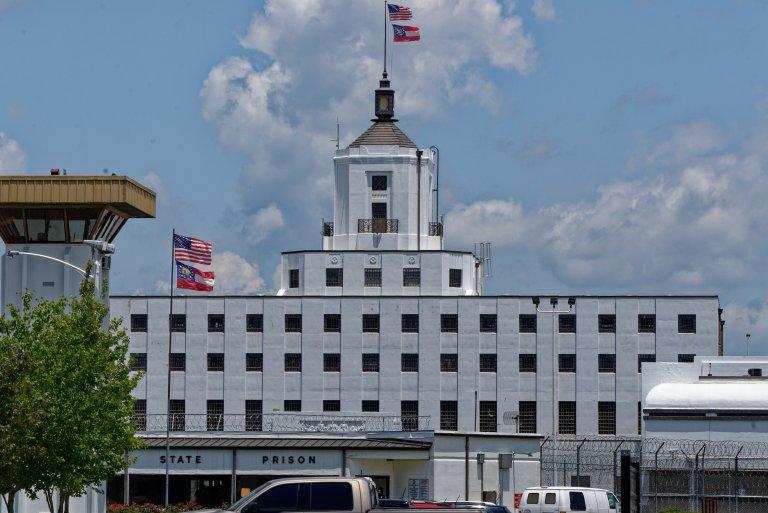
Caption
Reports of poor conditions and treatment of inmates inside Georgia State Prison in Reidsvile and several other facilities is a humanitarian crisis according to the Southern Center for Human Rights. The organization and some legislators are calling for investigations into Georgia's prison system as suicide rates rise and recent large-scale riots have broken out at some prisons.
Credit: Judson McCranie/Creative Commons


